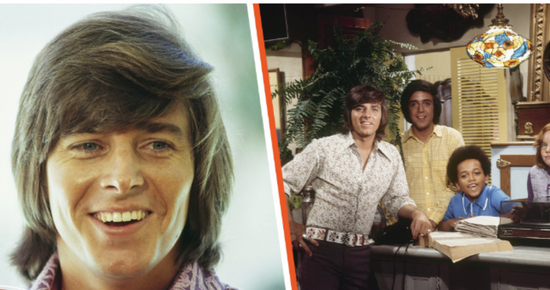
One of the major musical stars of the 1960s and 1970s was Bobby Sherman. It’s difficult for me to think of even one buddy who didn’t have a crush on him at some point in the past.
Sherman had a successful career as an actor, had many albums recorded, had thousands of fans at his shows, and had sold millions of CDs. But eventually, at the height of his fame, he made the decision to permanently leave the entertainment industry.
This wasn’t, though, because the 79-year-old felt that his abilities had somehow declined. No, he was fighting for something much more important—saving lives.
Everything you need to know about the renowned artist Bobby Sherman is provided here!
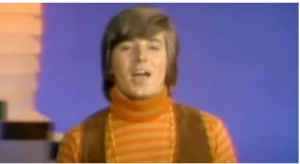
Bobby Sherman was born in Santa Monica, California, on July 22, 1943, and raised in the nearby community of Van Nuys.
He was believed to have mastered the trumpet by the age of 11, as well as the piano, trombone, keyboard, and of course, the guitar. Sherman studied at Birmingham High. He joined a band there and developed a passion for singing. He apparently learned to play an astounding 16 instruments throughout the years.
In 1961, after receiving his high school diploma, Sherman enrolled at Pierce College in Woodland Hill, a city close to Los Angeles. There he would develop a relationship that would ultimately alter the trajectory of his life.
Sherman originally met his girlfriend while attending Pierce College to study child psychology. She made the choice to accompany him to a cast party for The Greatest Story Ever Told one evening.
At that point, Sherman had already begun to play music. He performed with various bands in the San Fernando Valley, and many people were aware of his talent. As a result, Sherman used the occasion to showcase his skills when he first showed up at the gathering.
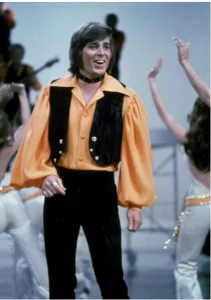
I was always the guy who had the gumption to get up and sing in front of people,” he later said of it.
Bobby had pals at the party who played in the band performing on stage, so that probably helped a little. Regardless, he stood up in front of everyone and sang “What I’d Say” by Ray Charles.
Unexpectedly across at a Hollywood party
Many celebrities from the entertainment industry were present because it was a Hollywood party. Sal Mineo, Natalie Wood, and Jane Fonda were among them.
They noticed his talent after the performance, so Mineo made the decision to mentor him.
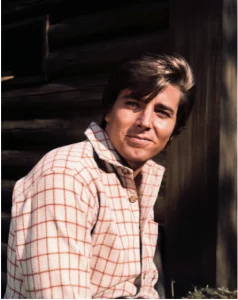
People were saying things like, ‘Who’s handling you’ I had no idea what that meant,” Sherman said.
“Well, I was a kid from Van Nuys, you know, and it was, `What do they mean, handling me?’ Then I realized they meant representation.”
He quickly gained an understanding of Hollywood. Three days later, an agency brought Bobby Sherman to an audition after receiving a tip from one of the partygoers. Bobby was offered a prominent role in the new television program Shindig.
Bobby just required that position, which lasted for two years, to leave his imprint. By that time, he had won the hearts of people all around the nation, and employment opportunities began to spring up everywhere.
Sherman guest starred on several other shows after Shindig was cancelled in 1966, including The Monkees, Honey West, and The FBI. Despite the fact that he had already begun to gain popularity in Hollywood, his major break came in 1968.
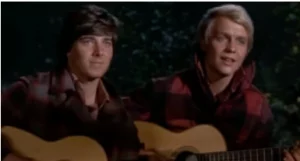
Here Come The Bridges featured Sherman as the stammering Jason Bolt, and he stayed on the show for the entire two years. At the conclusion of his stint, his character lost his stammer, and the program was ultimately cancelled.
When Jason Bolt made an appearance at a telethon in Buffalo, Sherman noticed how well-liked the persona of Jason Bolt was among viewers. He was suddenly more than just a rising star. Instead, he had achieved stardom.
“The show had just hit the air, and we didn’t even have any records out yet,” Sherman remarked.
“Greg Morris of Mission: Impossible and Robert Brown and I from Here Come The Brides had been asked to do the telethon, and it was going along and doing very well, when the fire marshall came in and said, ‘We have a problem. You’d better come up to the second floor; You’ve got to greet some people.’
Leave a Reply